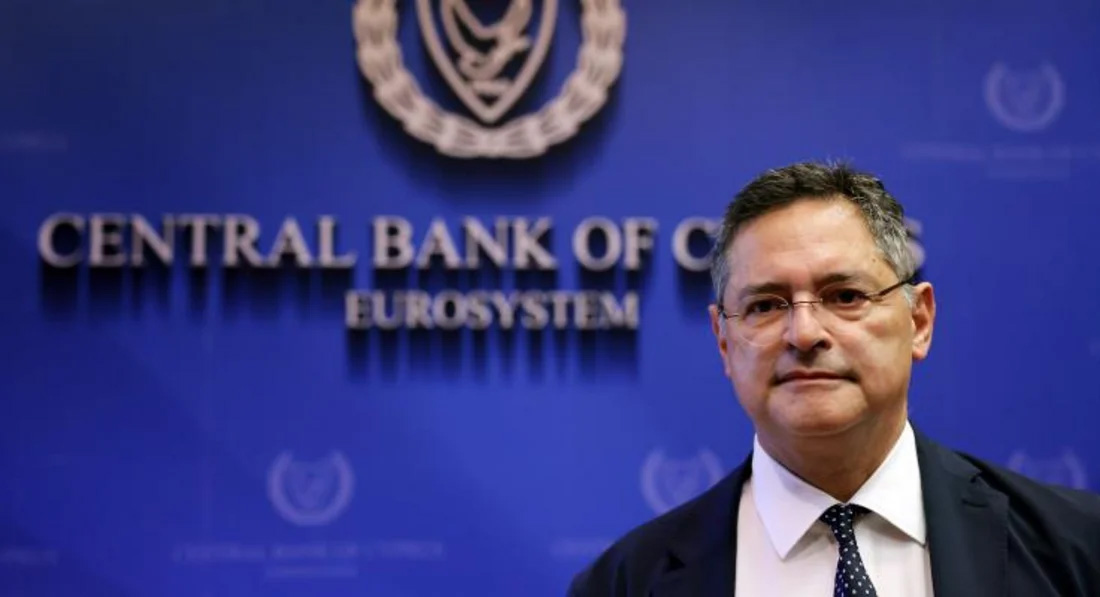The economy has proved resilient in the face of a challenging international environment, and is expected to do the same going forward, the Central Bank boss said on Monday.
Christodoulos Patsalides was speaking in parliament during a review of the central bank’s budget for 2025.
In a prepared statement he read out to MPs, Patsalides said that for this year Cyprus will boast the second highest rate of GDP growth in the European Union.
Forecasts see GDP settling at 3.5 per cent for the whole of 2024 – compared to the average of 0.8 per cent for the euro area.
This trend would continue into 2025 and 2026, with GDP projected at 3.1 per cent and 3.2 per cent, respectively.
The Cypriot economy can withstand external shocks, for example from geopolitical events such as the conflicts in Ukraine and the Middle East. This is despite the “direct impact” these conflicts have on energy prices but also on “the psychology and decisions of households and businesses”.
Other risks to the economy include climate change and cyberattacks.
“The healthy growth of the Cypriot economy and the broadening of the productive sectors make for an important safety net for absorbing shocks,” said the Central Bank governor.
He made mention of Moody’s double upgrading of Cyprus’ sovereign credit rating – from Baa2 to A3 – calling this “a major vote of confidence”.
Meantime inflation is expected to close out at 2.2 per cent for 2024 – a drop from the 3.9 per cent recorded in 2023.
This was below the medium-term target of 2 per cent inflation set by the European Central Bank.
The labour market is also demonstrating resilience, with unemployment falling.
On interest rates, Patsalides said they would remain “sufficiently restrictive” for as long as it takes in order to tackle inflation.
He conceded that interest rates in Cyprus are “less responsive” compared to other countries in the euro area.
“The small size of our economy contributes to interest rates adjusting at a slower pace than they do in larger economies. The pace of adjustment is further slowed down by the excess liquidity in the Cypriot banking sector – the ratio of loans to deposits is at 49.3 per cent, compared to 106.5 per cent in the EU.”
Nonetheless, lending rates here have been trending downward. The interest rate on new business loans averaged at 5.32 per cent in September, compared to 6.06 per cent for the corresponding period last year.
Likewise interest rates for new housing loans clocked at 4.53 per cent in September – down from 5.19 per cent in January.
Patsalides stated that the Central Bank of Cyprus (CBC) is “unsatisfied” with the gap between deposit and lending interest rates. However the CBC has no authority to intervene.
Responding to a question on whether the ‘windfall profits’ of commercial lenders should be taxed, the central bank boss said such a move might have unforeseen consequences and discourage foreign investment.
On crypto-currencies, Patsalides was skeptical, noting that there exist no reliable data as to the size of the market or the way in which prices are set.
The review of the Central Bank’s balance sheet marks the conclusion of parliament’s review of the 2025 state budget.
In her own remarks, MP Christiana Erotokritou, chair of the House finance committee, complained about the fact that semi-governmental organisations had once again not submitted their respective budgets on time.







Click here to change your cookie preferences